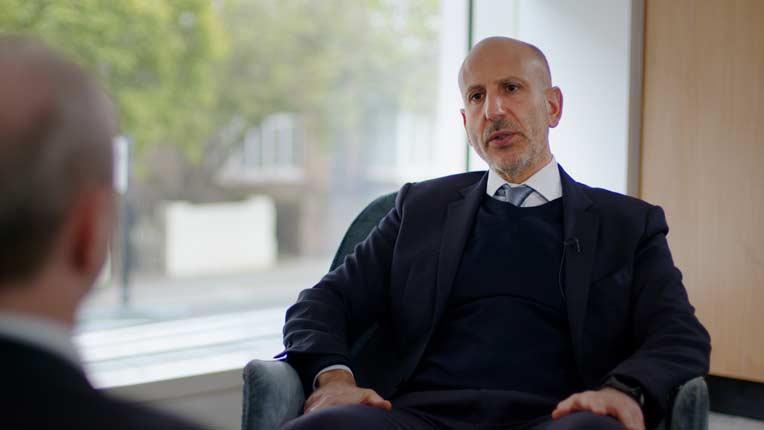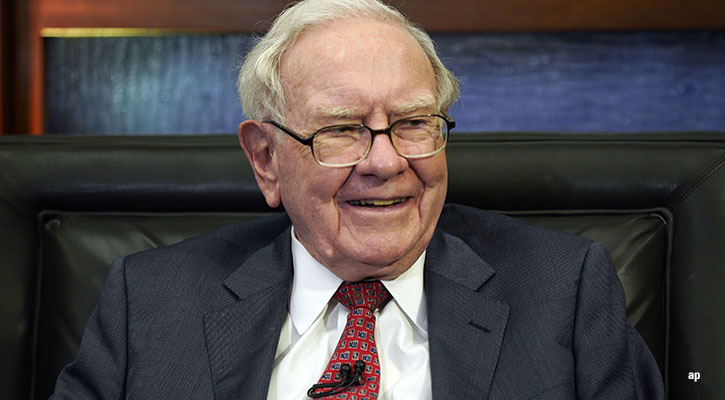Top UK equity income fund managers invest in very similar stocks - according to research by Morningstar.
Using the ![]() Portfolio X-Ray tool we revealed that the top rated income funds all favoured the largest stocks in the FTSE 100.
Portfolio X-Ray tool we revealed that the top rated income funds all favoured the largest stocks in the FTSE 100.
There are 19 top rated UK equity income funds, that is those that are rated Gold, Silver or Bronze by Morningstar analysts.
Examining these 19 funds five stocks stood out as the most popular. So, for those who prefer DIY investment rather that leaving it to the professionals, we have listed these five stocks, as well as some exclusive analysis below.
GlaxoSmithKline
In the pharmaceutical industry, ![]() GlaxoSmithKline (GSK) ranks as one of the largest companies by market capitalization. The company wields its might across multiple therapeutic classes, including cardiovascular, metabolic, respiratory, neurological, and antiviral, as well as vaccines and consumer products. Prescription drug and vaccine sales account for close to 80% of total sales.
GlaxoSmithKline (GSK) ranks as one of the largest companies by market capitalization. The company wields its might across multiple therapeutic classes, including cardiovascular, metabolic, respiratory, neurological, and antiviral, as well as vaccines and consumer products. Prescription drug and vaccine sales account for close to 80% of total sales.
Generic competition could come at any time for the company's leading drug Advair, which could be detrimental to the company as the drug represents over 20% of the top line and a higher portion of the bottom line because of the drug's high margins.
AstraZeneca
![]() AstraZeneca (AZN) was formed in 1999 by a merger between Astra of Sweden and Zeneca Group of the United Kingdom. The company sells branded pharmaceutical products across several major therapeutic classes including gastrointestinal, cardiovascular, respiratory, cancer, neuroscience, and infectious disease. Slightly less than 40% of its sales are derived in the United States.
AstraZeneca (AZN) was formed in 1999 by a merger between Astra of Sweden and Zeneca Group of the United Kingdom. The company sells branded pharmaceutical products across several major therapeutic classes including gastrointestinal, cardiovascular, respiratory, cancer, neuroscience, and infectious disease. Slightly less than 40% of its sales are derived in the United States.
AstraZeneca faces the typical risks inherent in the pharmaceutical industry, including patent expirations, regulatory delays, and nonapprovals, as well as increasingly aggressive generic and managed-care industries. Also, specific to Astra, the risk of Brilinta failing in the market is magnified as the company lacks many recently launched potential blockbuster drugs. Further, Astra holds a relatively high exposure to generic competition over the next several years.
Royal Dutch Shell
Shell is an integrated energy company with exploration, production, and refining operations worldwide. With production of more than 3 million of barrels of oil equivalent (BOE) a day, ![]() Shell (RDSA) is one of the largest energy companies in the world. Refineries are in the United States, Europe, and Asia and capacity is expected to be 3.3 million BOE barrels of oil a day in 2012. 2010 year-end proven reserves (including equity affiliates attributable to Shell shareholders) stood at 14.2 billion BOE, 43% of which is oil.
Shell (RDSA) is one of the largest energy companies in the world. Refineries are in the United States, Europe, and Asia and capacity is expected to be 3.3 million BOE barrels of oil a day in 2012. 2010 year-end proven reserves (including equity affiliates attributable to Shell shareholders) stood at 14.2 billion BOE, 43% of which is oil.
Shell has a strong balance sheet and a low debt/capital ratio. Strong cash flow from operations should be sufficient to fund investments and pay its dividend; however, should oil and gas prices retreat for a prolonged period, the company may need to increase its debt load.
Vodafone
With 453.6 million proportional customers (total customers multiplied by its ownership interest), including its 45% stake in Verizon Wireless, ![]() Vodafone (VOD) is one of the largest wireless phone companies in the world. It is the largest carrier in terms of the number of major countries served. Vodafone has majority or joint control in 22 countries and minority or partnership interests in many others. The firm's objective is to be the communications leader across a connected world.
Vodafone (VOD) is one of the largest wireless phone companies in the world. It is the largest carrier in terms of the number of major countries served. Vodafone has majority or joint control in 22 countries and minority or partnership interests in many others. The firm's objective is to be the communications leader across a connected world.
For many years, Vodafone took on debt to pay for acquisitions. However, in the past couple of years it sold minority stakes to reduce its debt and buy back stock. However, the purchase of Kabel Deutschland may signal a change in strategy again. The firm also produces large amounts of free cash flow, which should enable it to handle its interest payments. If it needed to, Vodafone could reduce its dividend to meet its interest payments, but we think such a need is highly unlikely.
BT
![]() BT Group (BT.A), formerly known as British Telecom, is the incumbent phone operator and largest supplier of fixed-line phone services in Britain with about 54% market share. BT's external sales are split between global services (39%), retail (37%), wholesale (14%), and Openreach and other (10%). BT is the largest supplier of high-speed Internet lines, including lines it wholesales.
BT Group (BT.A), formerly known as British Telecom, is the incumbent phone operator and largest supplier of fixed-line phone services in Britain with about 54% market share. BT's external sales are split between global services (39%), retail (37%), wholesale (14%), and Openreach and other (10%). BT is the largest supplier of high-speed Internet lines, including lines it wholesales.
BT has used its free cash flow to pay down debt. Net debt declined to £8.5 billion from GBP 28 billion in 2001, despite acquisitions, stock buybacks, dividends, and extra payments to its pension plan, including GBP 2 billion in March 2012. However, its large and partially underfunded pension fund still puts its balance sheet at risk.































